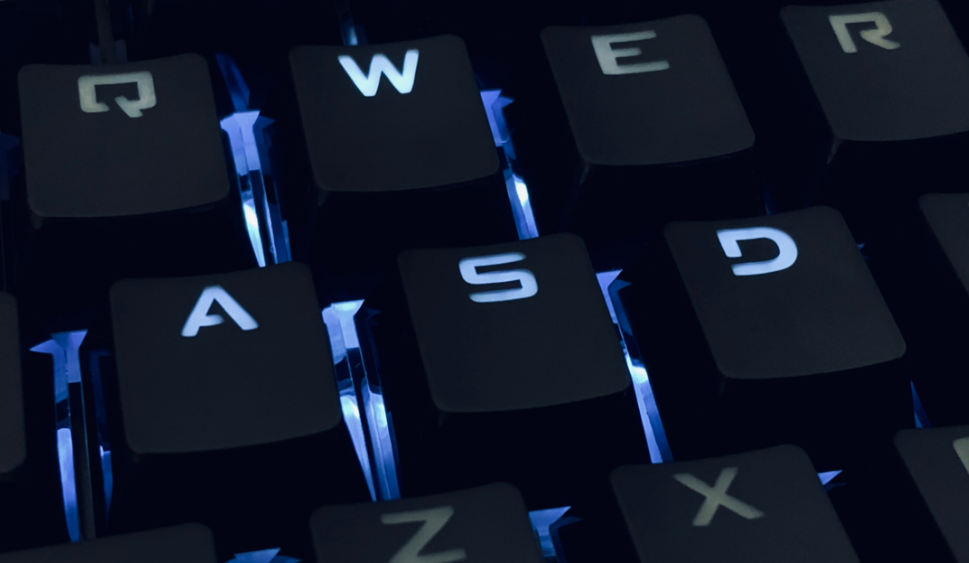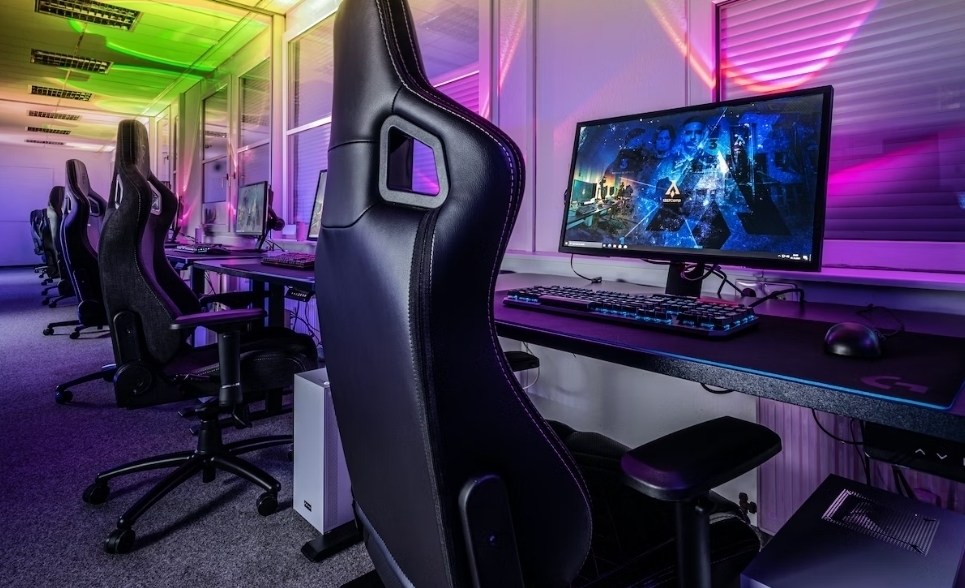
A gamer's journey may start in his or her room playing their favourite video game, but it takes much more than that to become successful player and to progress to the highest levels of competition. So what qualities make up the best competitive video game players?
Game-related skills
A player needs to have good playing skills and high-level knowledge of the game, which makes him better than average gamers. This includes good mechanical skills, strategic skills and game management skills.
Mechanical skills include translating physical actions - clicking, typing and pressing buttons in sequence - into virtual action. To do this, the player needs well-developed perceptual and motor skills. To put it simply, players need to quickly and accurately detect what is happening on the screen (in the game) and react with an appropriate action (using the mouse and keyboard). In the game, this is demonstrated by the player's mastery of a certain character, hitting skillshots, using the right combination of keys quickly and correctly to perform an action, have accurate aim and good movement. Mechanical skills are the basis of a good player, but they are by no means enough.
Strategic skills are important especially in terms of preparation for the match. They include good draft preparation and planning the game strategy, anticipating the opponent's style of play and identifying win conditions. Strategic skills are most often developed by studying the opponent's style of play (players watch opponents' past games and how they usually play) and reviewing own games.
Game management skills or "macro game" is one of the most important parts during the game. Macro game is a plan of what the players will do and what actions in the game they are going to take. It's about strategically moving players around the map, applying pressure, acquiring target objects, having tempo and making team decisions. These are skills that players mostly develop by watching videos of their games, writing down observations and communicating them with their teammates.

Team work
Team work requires that players cooperate with their teammates and contribute to good team atmosphere. In competitive team games like League of Legends, Valorant, CS:GO, etc., working with a team is actually even more important than just being good individually. Good team players are willing to make sacrifices for their team, they communicate effectively with teammates and work together. Social skills such as adapting, conflict resolution and striving for unity are important for the normal functioning of the team and enable the team to successfully achieve its goals.
Daily routine
Successful competitive players stress the importance of maintaining a daily training routine. Lifestyle plays essential role in daily routine - including exercise, diet and consistent sleep schedule. All these factors affect ability to focus in the game. Just like in any sport, players need to be dedicated and disciplined, set goals, stick to them and train regularly. The difference is that young athletes have an opption to join sport clubs and get the support from coaches to help them improve and train properly. In Slovenia, however, esports system is not yet developed to this extent, which means that there is much more individual responsibility to plan effective training routines.
Play smart, not hard.
Competitive attitude
Playing video games competitively is different from playing for fun. Competitive players take the game seriously, stay focused during the game and strive to learn and improve from every game. They have the desire to compete and prove themselves. Competitive players have a different mindset than casual players, as they play with a desire to improve, progress and refine, and strive for excellence. A professional attitude also includes serious and professional behaviour both in training and in competition. Read more about why mindset matters for success in the game in our blog.

Psychological characteristics
To perform optimally in the game and improve themselves, players also need to develop qualities such as self-confidence, self-criticism, the ability to accept criticism and to deal with defeats, to cope with stressful situations and to communicate effectively with their teammates. They develop these skills by sticking to the training schedule, not looking for mistakes in others, and giving their best effort during every practice. Successful players need to learn how to stay focused during the game, to use positive self-talk, to overcome their mistakes and regulate unpleasant emotions such as anxiety and frustration.
While some skills partly develop over time (e. g. certain mechanical skills), most skills need to be developed in a planned and structured way. It is of great importance that players train wisely instead of just spamming games and over-training. Effective training should address the development of all skills, while ensuring a healthy daily routine that includes enough sleep and physical activity. Alongside all this, it is also important to have time to unplug and engage in other enjoyable activities off screens, which allows new connections in the brain to strengthen and speeds up the learning process when coming back to training.
We invite you to read our blog on effective training and how to improve your performance in game.
